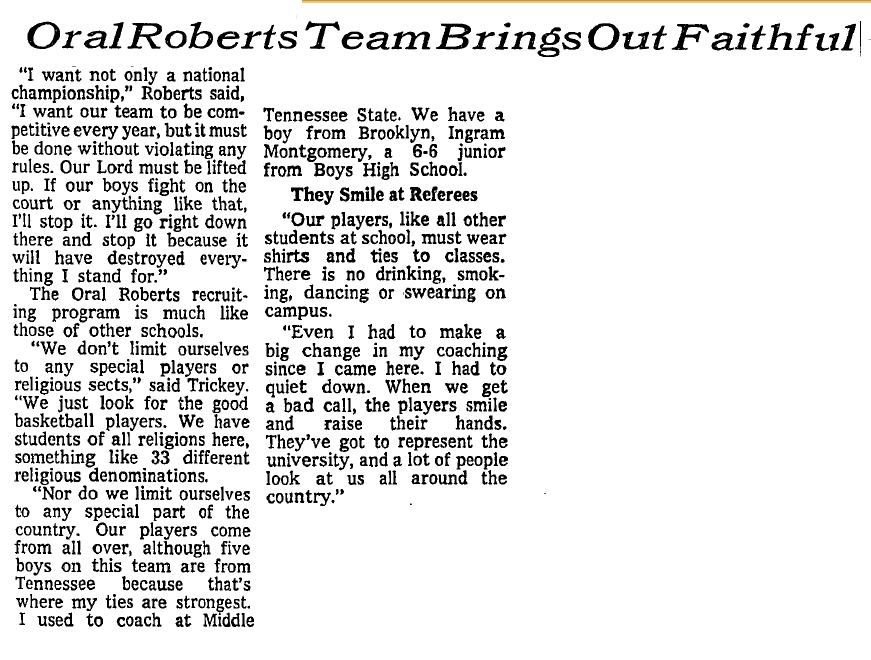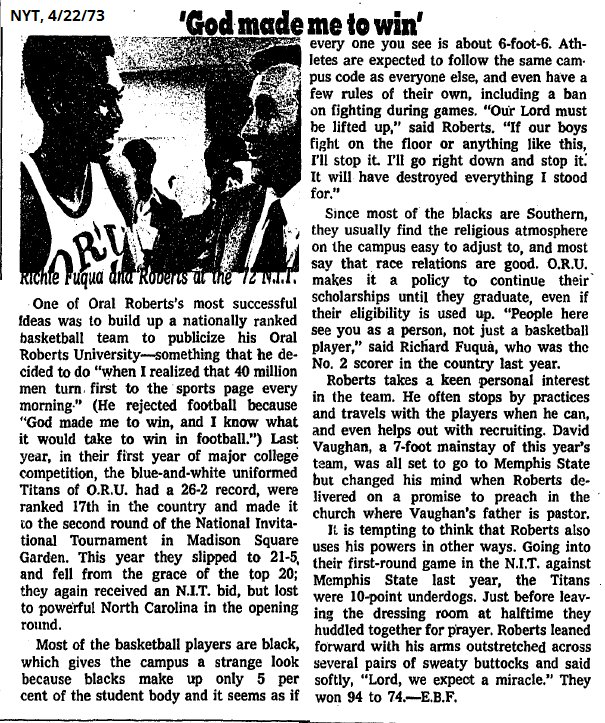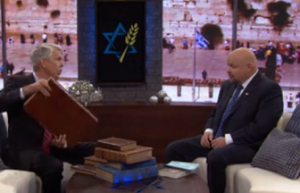The King’s University is a ministry training school founded by preacher Jack Hayford and later moved to Southlake, TX to be housed at Robert Morris’ Gateway Church. In May, I reported that TKU was losing students and considering the closure of several branch campuses around the country. Nonetheless, Morris and the school leadership continue to promote the school.
TKU is not regionally accredited but rather boasts accreditation by the Transnational Association of Christian Colleges and Schools. Although credits from TKU may not transfer to regionally accredited schools (e.g., University of Texas, Grove City College), they are accepted by other TRACS accredited schools.
Charis Bible College is an unaccredited school also set up to train ministers. However, recently David Barton has been instrumental in helping to start a School of Government at Charis. Thus, Charis is setting sights on training people to go into politics.
A part of that vision is a recent articulation agreement between TKU and CBC for the transfer of credits from CBC to TKU. This means that a student can take courses at unaccredited Charis and transfer them to accredited TKU. This agreement with Charis greatly enhances the value of the Charis credits.
To me, this seems like an end around accreditation for Charis Bible College. The leaders of that school have even less incentive to become accredited because their students can simply transfer them to TKU where they will become a part of an accredited degree program. From there, a student could transfer credits to another TRACS school.
I asked TRACS about their rules concerning transfer of credits. While no one has answered as yet, I did find these criteria to help guide credit transfer arrangements.
The institution’s transfer of credit policy governs both the consideration and acceptance of transfer credit and: a. It is fair, equitable, and equally applied. b. Considers the quality of the offering, timeliness of the work, student performance (grade requirements) and the comparability, equivalency, and appropriateness to the courses and programs offered. c. Considers the accredited status of the institution as a major factor, but not the sole determinate of the transfer decision. d. Informs students of any special situations they may face in transferring credits earned. e. Includes reasons for refusal of acceptance of transfer credits, including the appeal process for transfer credit which was refused. f. Includes information on student responsibilities. g. Provides students with accurate and realistic information, plus guidance concerning the likelihood of transfer of the institution’s credits. h. References any articulation agreements with other institutions. i. Includes counseling and print or electronic assistance for students considering transferring to another institution. j. States the minimum grade required for transfer courses. k. Requires official transcripts from all institutions attended and does not award transfer credits before receiving the relevant official transcript(s). l. Identifies the office(s) responsible for evaluating transfer credit. (emphasis added)
Note letter b and c. Letter b requires the quality of course to be comparable between schools. TRACS guidelines require those teaching BA students to have a masters degree. Very few of Charis faculty have masters degrees. David Barton claims to have an earned doctorate but on examination, it appears that his doctorate is from diploma mill, Life Christian University. Charis’ agreement with TKU all of a sudden makes Barton’s use of a degree based solely on life experience even more relevant.
Letter c requires TKU to consider the accredited status of the sending school. Charis is not accredited by any agency. Although other considerations may be taken into account, accreditation status is supposed to a “major factor.”
The announcement contained this statement:
Students that graduate with a Charis Biblical Studies Degree will have the opportunity to earn an accredited degree by The King’s University.
While technically true because TKU is accredited by TRACS, it is still misleading if it is not explained that TRACS is not considered comparable to regional accreditation. Regional accreditation is what opens up wide spread transfer of credits from school to school. Texas schools are evaluated by The Southern Association of Colleges and Schools Commission on Colleges.
In practice, this often limits opportunities for students. For instance, a TKU student with a degree in Christian counseling may find that graduate schools will not accept it as a non-regionally accredited degree. When TKU and Charis promotional materials declare TKU accredited, I fear that some students will misunderstand and make future decisions on inadequate information.


